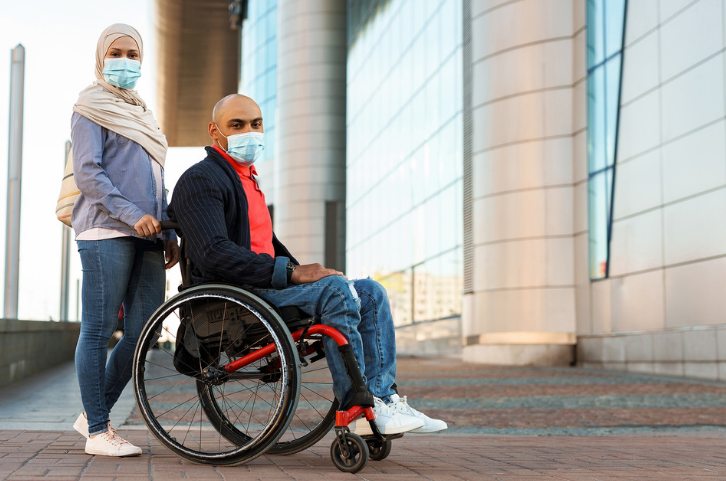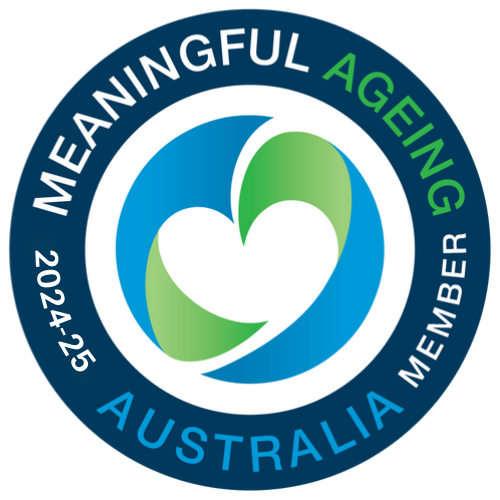Around the world and across Australia, COVID-19 has disrupted the lives of countless individuals in nearly every location and demographic. With that said, however, some Australians have been more excluded from COVID’s viral impacts than others, like those who have disabilities. At the same time, individuals with disabilities are particularly at risk as a result of COVID’s effects.
Because barriers already exist for the inclusion of people with disabilities, the spread of COVID among this population has been minimal compared to other Australian demographics. Nonetheless, there have still been challenges, from increased expenses to changes in disability support services. As it turns out, COVID still impacts people with disabilities in many ways.

Increased Expenses
A major way that COVID has impacted Australians with disabilities is by increasing expenses. With rising grocery, food, healthcare and utility prices, plus additional costs like personal care and protection equipment, many people with disabilities have been struggling to pay for everyday things that they need. COVID-related service changes have also increased expenses.
When it comes to groceries, for example, factors like delivery fees and shortages of goods have been especially burdensome for this population. Additionally, many Australians with disabilities reported trouble receiving the coronavirus Disability Support Pension supplement while many simultaneously lost their jobs, increasing financial difficulties even more.
Support Changes
In Australia, the National Disability Insurance Scheme provides financial support to Australians who have permanent and severe disabilities. The Australian government supports this fund, and it helps over 360,000 people pay for everyday necessities like food, medicine and other living expenses. While thousands of individuals receive NDIS support, many experienced less support during COVID.
According to research by People With Disability Australia, 41% of Australians with disabilities have experienced a reduction in NDIS support during COVID. Furthermore, 47% reported having less non-NDIS disability support. As a result, many individuals with disabilities have found themselves in difficult financial situations over the past year and a half.
Remaining Risks
Even though Australians with disabilities have experienced smaller spreads of the coronavirus since the 2020 outbreak, that does not mean they are less vulnerable to infection. On the contrary, there are numerous factors that may exist which can put people with disabilities at a higher risk of contracting the virus, including increased barriers to basic hygiene measures.
Another reason that a portion of this population is at higher risk is due to an inability of some to socially distance because of institutionalisation or having additional needs. COVID can also exacerbate underlying health problems that already exist which may be another contributing risk factor for individuals.
Unexpected Silver Linings
Despite the undeniable difficulties that many people have faced during COVID, there have also been some unexpected silver linings. For example, with COVID forcing many support services for people with disabilities to go mobile to reduce in-person contact, phone and online access has increased for many Australians with disabilities.
In addition, people with disabilities were another group of Australians who were largely satisfied with receiving improved telehealth experiences due to social distancing requirements. Although these benefits cannot minimise the importance of addressing the negative impacts of COVID for individuals with disabilities, they are a silver lining that may improve services in the future.
Better Future
Given all of the challenges that COVID has presented to this population, the World Health Organisation (WHO) has recommended a list of actions for governments around the world. Of these recommendations, one includes undertaking targeted measures to expand support networks for individuals with disabilities.
In addition, WHO recommends continued government financial measures to address the increased expenses that many people with disabilities are facing. By following recommendations like these, there is hope that governments can assist those who have been overlooked during COVID-related closures and shifting. In order to implement this recommendation, NDIS will need to work to increase supports rather than decreasing them.
Across Australia, COVID has uprooted the lives of countless individuals with disabilities. Without a doubt, there is a substantial need to address the increased costs and support reduction for these Australians. Understanding how this past year and a half has impacted people with disabilities can assist leaders with moving forward in a manner that can help this population now and in the future.








